Ericsson says it and not Huawei is the global leader in 5G networking gear

Since networking equipment manufacturer Ericsson won't be attending MWC Barcelona this year (nobody will be now that it has been canceled), the company's pre-MWC briefing held today carried more weight than usual. According to the Financial Times, Ericsson did say that it had planned on having the company's largest exhibition in the 30-year history of the trade show. It considered staffing its booths with medical personnel and checking participants' temperatures often in an attempt to nip the coronavirus in the bud. But the company decided to pull out anyway since it felt that the safety of its staff could not be guaranteed. Again, it's a moot point since the show has been canceled.
During its press conference in London, Ericsson claimed that it (and not Huawei) is the global leader in providing 5G networking equipment. The company's executive vice president Fredrik Jejdling said, "We've deployed 24 [live] networks across the world [in 14 countries]. We've been first to deploy networks across four continents. So for us, it's hard to see anyone ahead of us currently...we believe we have a competitive portfolio that is on a par or ahead of our competitors."
Ericsson has more contracts signed to deliver 5G networking equipment than Huawei
At the end of 2019, Ericsson had 79 5G commercial contracts with 63 for Nokia and 50 for Huawei. The U.S. has been pressuring its allies not to use Huawei networking gear in their 5G networks. That's because of the manufacturer's ties to the communist Chinese government and concerns that the company uses back doors in its equipment to gather intelligence for Beijing. Most providers of networking equipment are required to offer a lawful interception interface for carriers and law-enforcement to access. Huawei reportedly keeps the location of its interface a secret to everyone but itself.
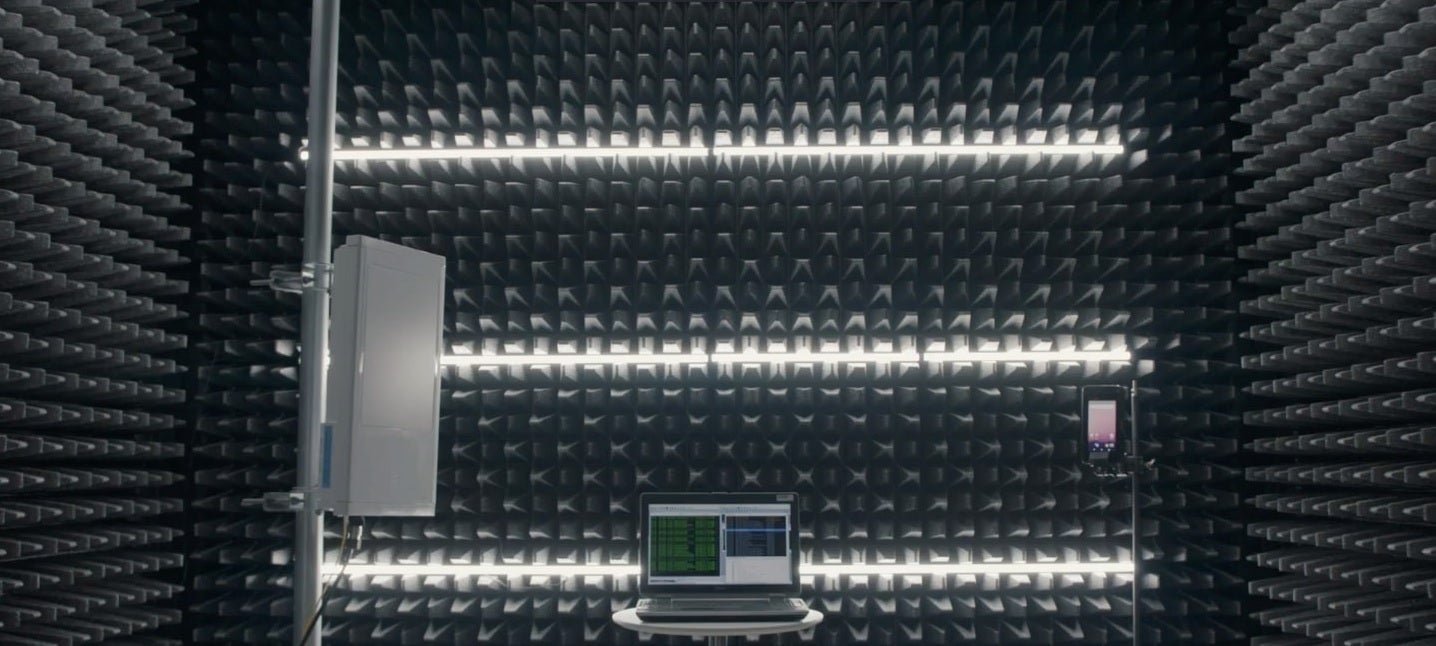
Ericsson and Qualcomm demonstrating mmWave 5G
France, Australia, and Japan heeded the warnings from the U.S. while Germany and England did not. British Prime Minister Boris Johnson essentially said that he had no choice but to go with Huawei's gear. First of all, most analysts say that Huawei's technology is one and a half to two years ahead of Nokia and Ericsson's equipment, and Huawei is able to give its customers generous financing terms because of its relationship with China's state-run bank. In October, a report stated that the Trump administration had asked U.S. networking firms Cisco and Oracle to develop products that would allow them to compete with Huawei. The pair declined saying that they didn't have the time or money to do this. At the same time, the government was reportedly looking into the idea of providing Nokia and Ericsson with large credit lines so that it could match or beat the terms offered by Huawei.
But perhaps the most outrageous Trump administration response to Huawei came last week when Attorney General William Barr suggested that the U.S. buy a controlling stake in both Nokia and Ericsson. Countries usually refrain from this course of action. First of all, purchasing both companies outright would cost more than $53 billion and if you thought that the regulatory review for T-Mobile-Sprint was cumbersome, having a country buy controlling stakes in two foreign companies is bound to be a major headache.
Also last week, White House economic adviser Lawrence Kudlow revealed that the U.S. is looking at the use of software and the cloud to replace Huawei's hardware. Kudlow said that U.S. companies like Microsoft Corp., Dell Inc., and AT&T Inc. would be involved. He said, "The big-picture concept is to have all of the U.S. 5G architecture and infrastructure done by American firms, principally. That also could include Nokia and Ericsson because they have big U.S. presences. Dell and Microsoft are now moving very rapidly to develop software and cloud capabilities that will, in fact, replace a lot of the equipment."
Huawei has a leading 28% share of the global networking equipment market. Nokia and Ericsson are second and third respectively, with ZTE in fourth place.
Follow us on Google News









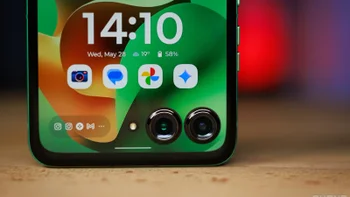
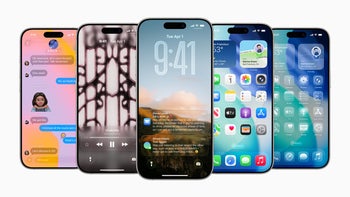
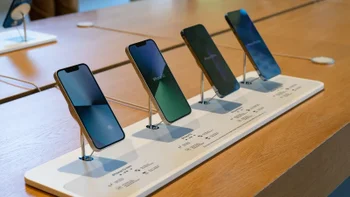
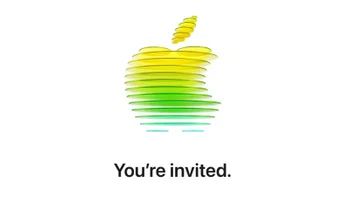
Things that are NOT allowed:
To help keep our community safe and free from spam, we apply temporary limits to newly created accounts: